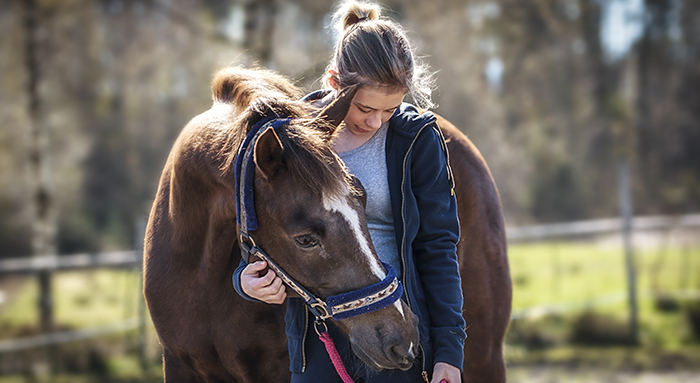A nationwide field trial for a vaccine for the prevention of equine grass sickness (EGS) has led to a greater understanding of the illness, despite its effectiveness proving inconclusive.
The trial was coordinated by the Animal Health Trust, in collaboration with the veterinary schools of the Universities of Liverpool, Edinburgh and Surrey, with some logistical and other support provided by EGS-dedicated charity, the Moredun Foundation Equine Grass Sickness Fund.
Grass sickness is an often-fatal condition that typically occurs in grazing horses. The cause remains unknown, but the toxin produced from the bacterium Clostridium botulinum type C may be involved.
The trial involved over 1,000 horses and ponies residing on 120 premises across the UK which had been previously affected by a high incidence of EGS cases. The trial aimed to determine the effectiveness of a C. botulinum type C vaccination in preventing EGS, by comparing incidence between groups of vaccinated and placebo-treated horses and ponies.
Dr Jo Ireland from the University of Liverpool, said: “We are so grateful to all the veterinary practices, horse owners and supporters who helped make this research possible. The significant amount of data that has been collated during this nationwide field trial will be a very valuable resource for subsequent research studies to benefit future generations of horses and ponies.”


